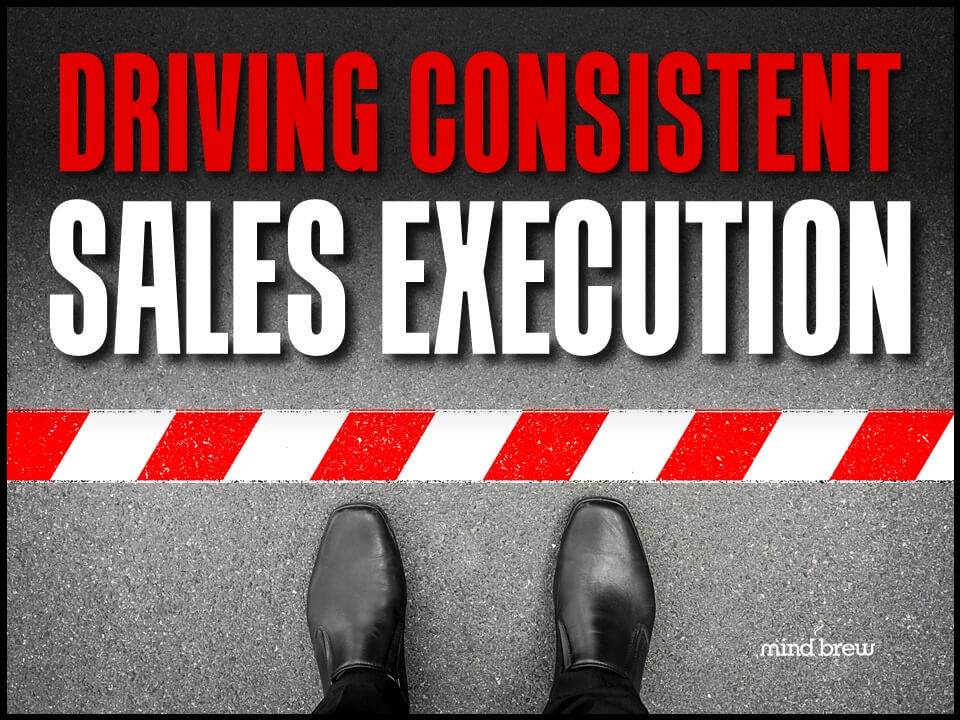In a recent SellingBrew Playbook subscriber training session, “Anatomy of a Competition-Crushing Sales Strategy,” we discussed the defining role that strategy plays in overall sales performance. We explained the difference between sales strategy and sales tactics. And along the way, we covered each of the primary ingredients in a real sales strategy—from prospect targeting and offering selection to sales messaging and buy-cycle timing.
After the session, a question came in from a long-time subscriber who attended the live session—a question that seems to beg some even bigger questions:
“Aren’t some of the things you talked about marketing’s responsibility?”
Many of the elements of an effective sales strategy can indeed be viewed as some other department’s responsibility. It can certainly be argued that things related to targeting, offerings, and messaging fall under the purview of marketing and product management. And as such, those involved in managing and driving the sales operation can certainly feel justified in saying that these things are someone else’s job.
However, that perspective—while easily justified—won’t yield the best results or help you hit your numbers. Here’s why:
- Many marketing and product management groups don’t actually know that these things are their responsibility, nor will they know how to execute them properly. Over the years, these other functions have become so tactical that strategy is the furthest thing from their minds…and often well beyond their skillsets.
- Even if these other functions are aware of their strategic responsibilities, they are so far-removed from customers and competitors that it’s difficult for them to develop enough strategic insight make sound strategic decisions.
- An effective strategy is a cohesive strategy—all of the elements not only work together, they actually feed each other and build on one another. With different departments making independent decisions about different elements of the strategy, you’ll likely end-up with an ineffective hodgepodge.
Regardless of where the responsibility technically lies, the truth is that a lot of B2B sales teams are operating without a solid sales strategy. They have processes and tactics, but no real strategy to guide those activities in the marketplace. And as a result, they’re being forced to find their way through costly trial-and-error.
Simply put, the people managing the sales operation are in ideal position to drive the decisions discussed in the sales strategy training session. They just have to be willing to step up—because if they don’t do it, who will?











